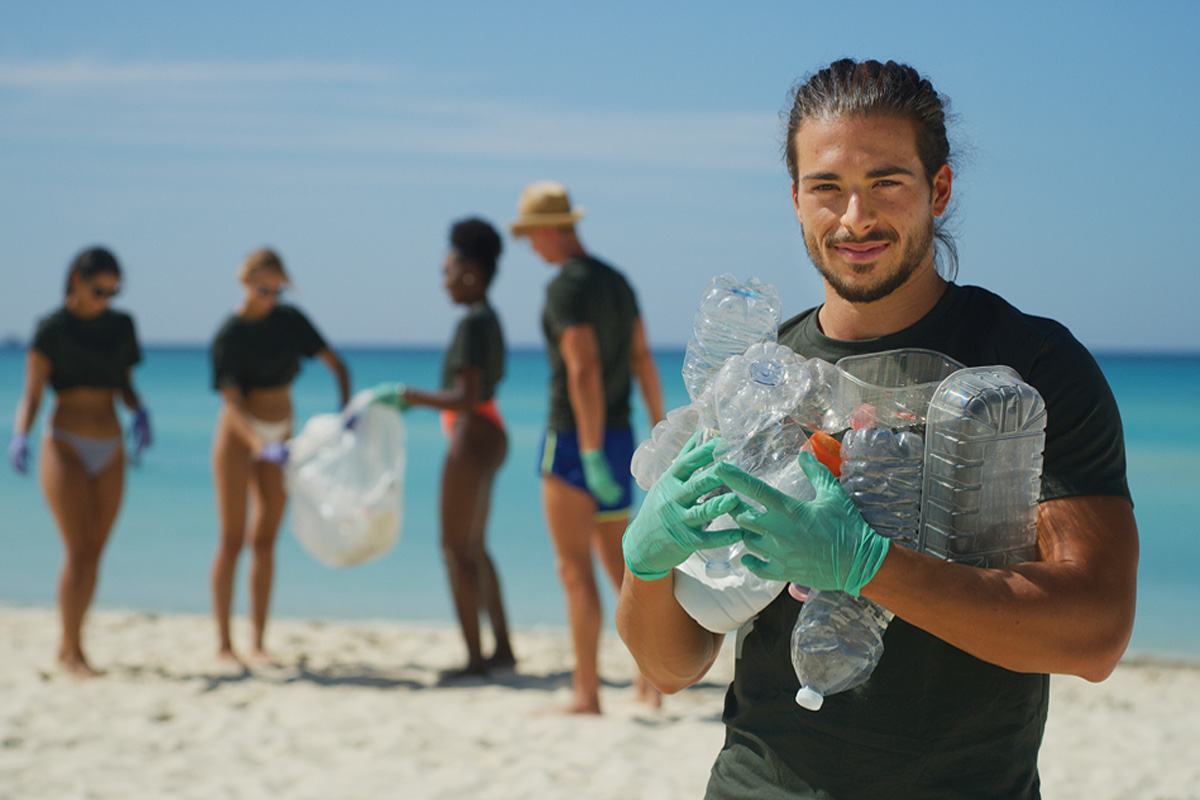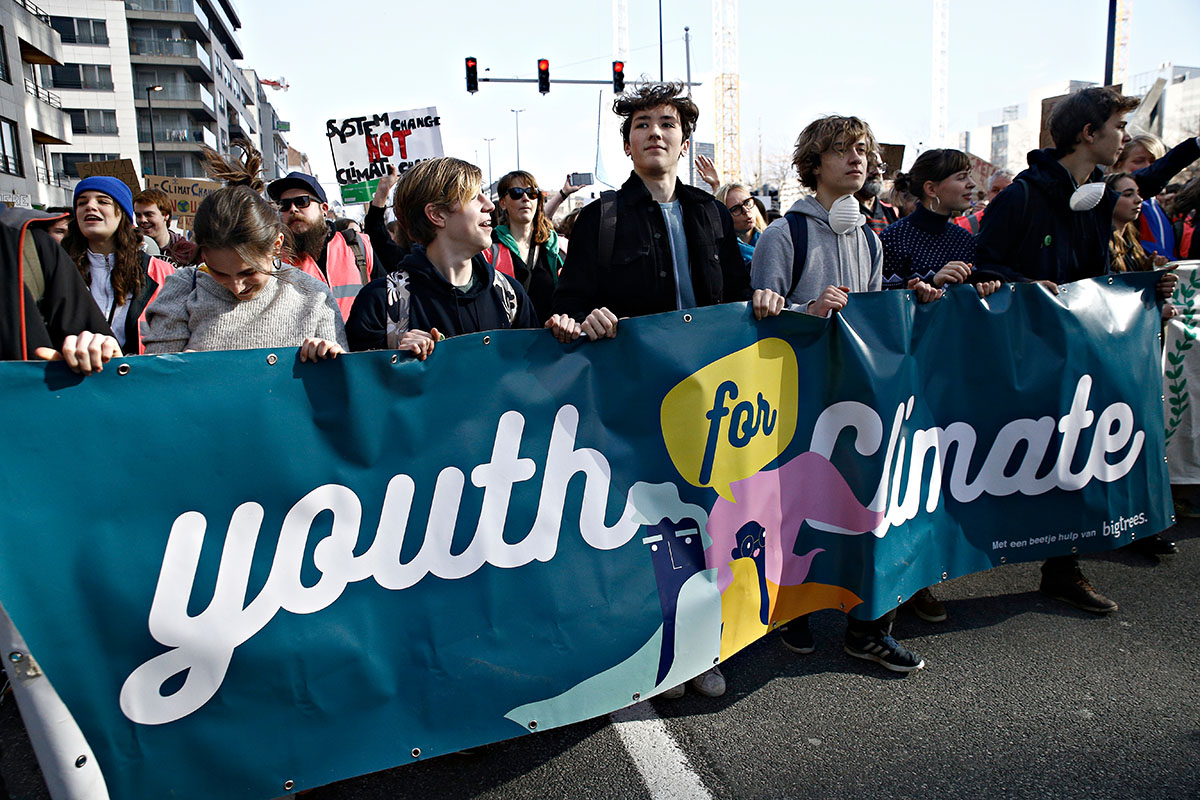Protecting Our Planet Starts With Us
October 15by Katerina Panagi
Most of the damage to our environment stems from consumption: what we consume, how much we consume and how often.
The key is not to stop consuming, but to start being mindful of our consumption habits and how each purchase or action affects the ecosystem. The good news is that it’s often not too difficult, expensive, or inconvenient to become more environmentally friendly.
It can even be a fun challenge to implement among your family or co-workers. And though small changes at the individual level may seem trivial, just think how much cleaner the planet would be if everyone adopted even a few of the following behaviour modifications.
Consume Less
Curbing consumption can have a huge impact on the environment. The three “R’s”—Reduce, Reuse and Recycle— get a lot of attention, but the planet could benefit from some focus on the most important and most underrepresented “R”: refuse. Next time you’re tempted to purchase a non-essential item, think about whether it would truly improve your life. If not, it’s ok to just say, “No!”
Recycle Properly
If you can’t refuse it…and you can’t rot it…and you can’t reduce it…and you can’t upcycle or reuse it…then it’s time to turn to the final “R”—recycling. Educate yourself on what can and cannot be recycled in your bins at home. Throwing the wrong items in the recycle bin can result in an entire load being rejected, which means … back to the landfill. You can also easily find out how to recycle special items such as electronics, batteries and appliances. Check with your local municipality for drop-off sites, and make an effort to get your items to the proper disposal sites.
Shop Locally, Shop Organically.
If you have the chance, buying fresh organic food is a great way to support local farmers, reduce your carbon footprint and support nature with your food choices.
Eat Sustainably
Food production is a major driver of wildlife extinction. What we eat contributes around a quarter of global greenhouse gas emissions and is responsible for almost 60% of global biodiversity loss. Farming animals for meat and dairy requires space and huge inputs of water and feed. Today, one of the biggest causes of forest loss is the expansion of agricultural land for animal feed production, such as soy. And producing meat creates vastly more carbon dioxide than plants such as vegetables, grains and legumes. Moving away from a meat-dominated diet towards a more plant-based diet can lower your impact on the environment. Vegetarian and vegan foods are massively on the rise and becoming far more common in restaurants, cafes and supermarkets, so you’ll rarely struggle.
Climate change is a real and undeniable threat to our entire civilization. The effects are already visible and will be catastrophic unless we act now.
KEEP THE OCEANS BLUE, THE PLANET GREEN, AND THE ANIMALS SAFE!!!






